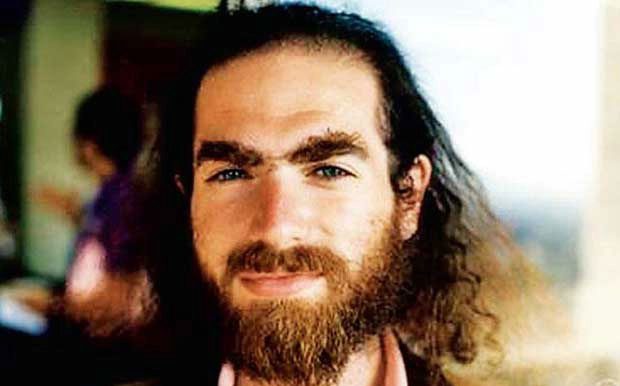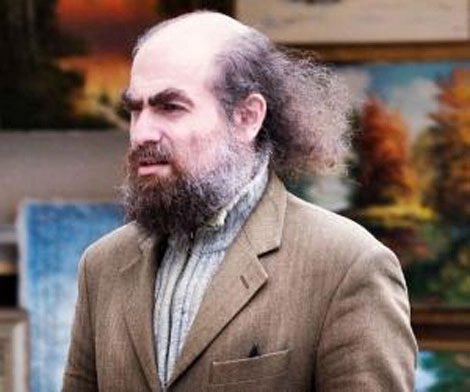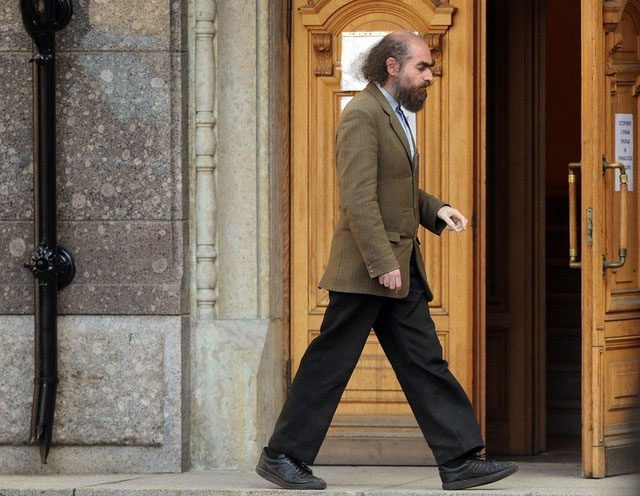Although he is hailed as the smartest person in the world and has received numerous prestigious awards, Russian mathematical genius Grigori Yakovlevich Perelman prefers to live in seclusion, focusing on his research in peace.
Exceptional from a Young Age
Born on June 13, 1966, in Leningrad (now Saint Petersburg) to a Jewish family, Grigori’s father had emigrated to Israel long ago, while his mother, Liuba Leibovna, was a mathematics teacher at a vocational school who instilled a love for mathematics in her only son from an early age.

Grigori Yakovlevich Perelman was born into a Jewish family.
At just 10 years old, young Grigori began regularly attending specialized sessions at the Mathematics Center in the Leningrad Children’s Palace, founded by the renowned expert in natural sciences, Professor Sergei Rukshin.
By the time he reached the 9th grade, Grigori transferred to School No. 239, which specialized in mathematics and physics in the outskirts of the city. Although it was far from home, it fulfilled his passion for mathematics. At 16, Grigori was one of six members of the Soviet Union team participating in the 23rd International Mathematical Olympiad (IMO) held in Budapest (Hungary), where he won a Gold Medal with a perfect score of 40 out of 40.
Upon returning to his homeland, Grigori was granted special admission to Leningrad State University (LGU). With outstanding academic performance, he received a full Lenin scholarship to continue as a graduate student. Grigori graduated with a Ph.D. in Fundamental Mathematics from LGU, specializing in the study of the shapes of objects in space. He later worked at the Leningrad branch of the Steklov Institute of Mathematics (LOMI, now PDMI).
A Stellar Career Yet a Desire for Seclusion
Throughout his career, Grigori received many invitations to lecture and teach at leading universities across the United States. He accepted but declined to stay for long-term positions, as his life’s mission was to devote himself entirely to research. Grigori returned home to continue working at LOMI with a burning passion for research. During his time there, his first controversial action was refusing to defend his doctoral thesis as proposed by colleagues.

His life’s mission is to dedicate himself fully to research.
In 1996, Grigori was awarded the European Mathematical Society (EMS) Prize for Young Mathematicians, but he declined to accept it. Shortly after, the International Mathematical Union (IMU) based in Berlin (Germany) decided to award him the Fields Medal, often referred to as the “Nobel Prize of Mathematics,” but he refused to travel to Spain to receive it.
By early 2010, the Clay Mathematics Institute (CMI) – a nonprofit organization based in Cambridge, Massachusetts – agreed to award Grigori the Millennium Prize, along with a one million dollar reward for proving the Poincaré Conjecture. However, like previous international awards, he continued to decline this one as well.

Grigori Perelman is not interested in money or fame.
The only time Grigori accepted an award was in 1991 when he received a prize from the Leningrad Young Mathematicians’ Society for his contributions to specialized research.
Explaining his indifference towards the array of awards and monetary prizes, Grigori stated: “I have everything I want, so I do not care about money or fame!”.


















































